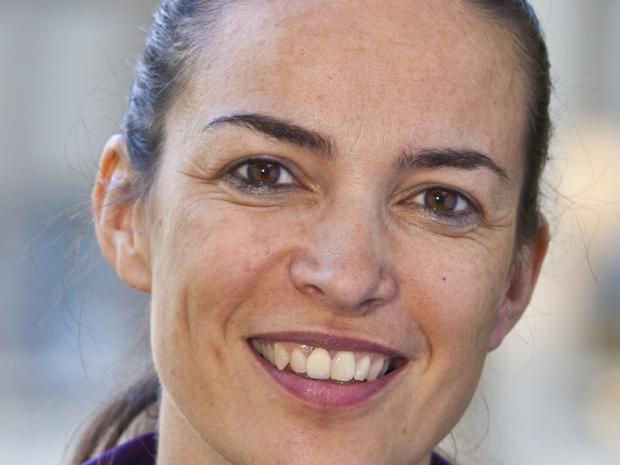Engineering and Social Justice: what is it, what is it not, and what does it look like in practice?

With Caroline Baillie, University of San Diego
Abstract
What do we mean when we say ‘engineering and social justice?’ When initially conceived of as an area of scholarship and education, ‘justice’ was considered by many, to be a strange bedfellow of engineering practice. In the last 15 years, this emerging field has grown and influenced the direction of much engineering education, research and development. However, as with any growth, however rhizomic, the nuances of the initial conception are often lost in translation, as new groups, individuals and disciplines join the endeavor. This can be healthy, and critically important, to bring in necessary diversity and reach new depths. However, it is also possible for dominant discourses to appropriate the subtleties of new ideas, and prevent those with vulnerable minority views from maintaining their vision, amidst the power of the majority ‘common sense.’ In this talk I will take you through a journey through the emerging field of work related to engineering and social justice, and consider its critical similarities to, and differences from, three related fields: engineering ethics; humanitarian engineering and corporate social responsibility. I will also present some living examples of engineering and social justice in education and in praxis – value and theory informed practice which attempts to bring the necessary shifts in critical thinking required for engineers to become socially just practitioners.
Bio
Caroline Baillie is a Professor within the Integrated Engineering Department and Academic Director of MESH (Masters of Engineering for Sustainability and Health) at the University of San Diego. Baillie’s main area of expertise is engineering as it relates to social justice. In order to practice what she preaches, Baillie co-founded the not-for-profit ‘Waste for Life’ organization (wasteforlife.org) in 2006, to ‘socialize’ her materials engineering knowledge in support of vulnerable communities wishing to develop upcycled waste-based businesses. She also co-founded ESJP – the ‘Engineering, Social Justice and Peace’ network (ESJP.org) in 2004. Baillie’s research considers socio-technical processes and systems, which enhance social and environmental justice, and educational systems that promote these. She brings lessons learnt from these studies and practices into the classroom of all ages, to facilitate the transformation to a more equitable and just future. In her spare time Baillie runs forest-based retreats, a ‘forest school’ program for children and a forest school professional development program for teachers through the ‘Standing people Together’ program of Waste for Life. Professor Baillie has published 27 scholarly books, an edited series of books on ‘Engineers, Technology and Society’ and over 200 book chapters, peer reviewed journal and conference papers.

